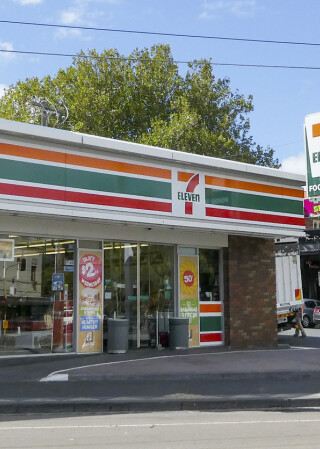The Federal Court of Australia has recently heard a class action against 7-Eleven following allegations that hundreds of franchisees were misled into entering into Franchise Agreements.
This is a significant case and serves as a timely reminder to Franchisors to ensure that they are compliant with the Franchising Code of Conduct (the Franchising Code) and other relevant legislation.
Summary of the Case
The class action members alleged that 7-Eleven engaged in misleading and deceptive conduct under section 18 of the Australian Consumer Law (ACL). It was alleged that in the course of pre-contractual negotiations, a number of misrepresentations were made by 7-Eleven to their Franchisees about, among other things, the expected profitability of their stores.
The Franchisees alleged that 7-Eleven made these misrepresentations in order to induce them to enter into the Franchise Agreements.
Most notably, and of key importance to the case, was the allegation that 7-Eleven represented to the Franchisees that the costs of employee wages would represent 7% of their total business costs. However, the actual cost of wages represented 13% of the total business costs, almost double what 7-Eleven had said during the negotiations.
Impact on Franchisees
As a result of this, the Franchisees claimed that:
- the different between the 7% and 13% meant that rather than generating income, many Franchisees were operating their business at a loss; and
- in breach of the Franchising Code, many Franchisees were, as a result, underpaying their staff.
Resolution of the Case
The matter was settled between the parties, with the Federal Court ultimately ordering that a settlement sum of $98 million be paid to approximately 600 7-Eleven Franchisees.
What does this mean for Employers and Franchisors?
This case serves as a timely reminder to Franchisors that there are a number of obligations that must be fulfilled when entering Franchise Agreements with new Franchisees.
Franchisors should be aware of the requirements under the Franchising Code. In particular, Franchisors should be mindful that disclosures must be made in accordance with the Franchising Code and any representations made to prospective Franchisees must be accurate.
As a result of the 7-Eleven case, some key matters that Franchisors should be aware of when engaging in pre-contractual negotiations are:
- the expected profitability of the franchise;
- the average amount of wages that the Franchisee should expect to pay their employees; and
- details of any benefits that the Franchisor is expected to receive under the Franchise Agreement.
How can Marsdens help you?
Whether you are a Franchisor, Franchisee or employee of a Franchise, obtaining specialty legal advice is important so that you can properly understand your rights and obligations.
There are many obligations that a Franchisor must comply with under the Franchising Code. Understanding these obligations can be a complex task, given the requirements set out under the Code.
If you need advice regarding your obligations and rights in respect of a prospective franchise dispute, please contact Aaran Johnson or Bharath Balasubramanian (contact details below) to discuss how Marsdens can assist you and your franchisees.
The contents of this publication are for reference purposes only. This publication does not constitute legal advice and should not be relied upon as legal advice. Specific legal advice should always be sought separately before taking any action based on this publication.


